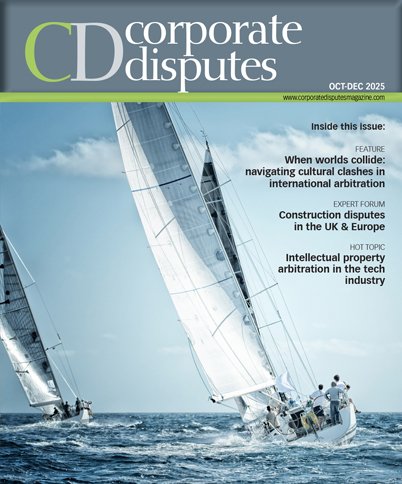HAGUE 2019: THE STOCK JUST WENT UP FOR UK JUDGMENTS
While 1 July 2025 may have passed by as a regular Tuesday for most people, for commercial organisations juggling multijurisdictional disputes its significance should not be overlooked. On this day, the Hague Convention of 2019 on the Recognition and Enforcement of Foreign Judgments in Civil or Commercial Matters (Hague 2019), came into force in the UK.
Hague 2019 is a welcome addition to this jurisdiction’s enforcement arsenal. It streamlines the enforcement process between contracting states, meaning judgments obtained in the UK are enforceable in the EU (but for Denmark), Ukraine and Uruguay, and vice versa.
In the Ministry of Justice’s statement on the entry into force of Hague 2019, Lord Ponsonby of Shulbrede made the following statement: “Hague 2019 aims to reduce court costs in international cases. It will promote access to justice for UK citizens as they live, work and do business across borders and drive economic growth for UK businesses by underpinning confidence in trade.” Importantly, it will reduce the costs for litigants in determining whether a judgment obtained in one contracting state is enforceable in another and provides a degree of certainty before proceedings are even started.
Key provisions of Hague 2019
When recognition and enforcement is sought in accordance with Hague 2019, it can only be refused based on what the convention allows. Importantly, Hague 2019 does not provide for a review of the merits of the judgment. However, the judgment must be to compensate a party for actual loss or harm suffered.
To determine whether a judgment can be recognised and enforced in accordance with Hague 2019, certain requirements must be met. The key considerations which will most often apply to civil and commercial disputes are outlined below.

